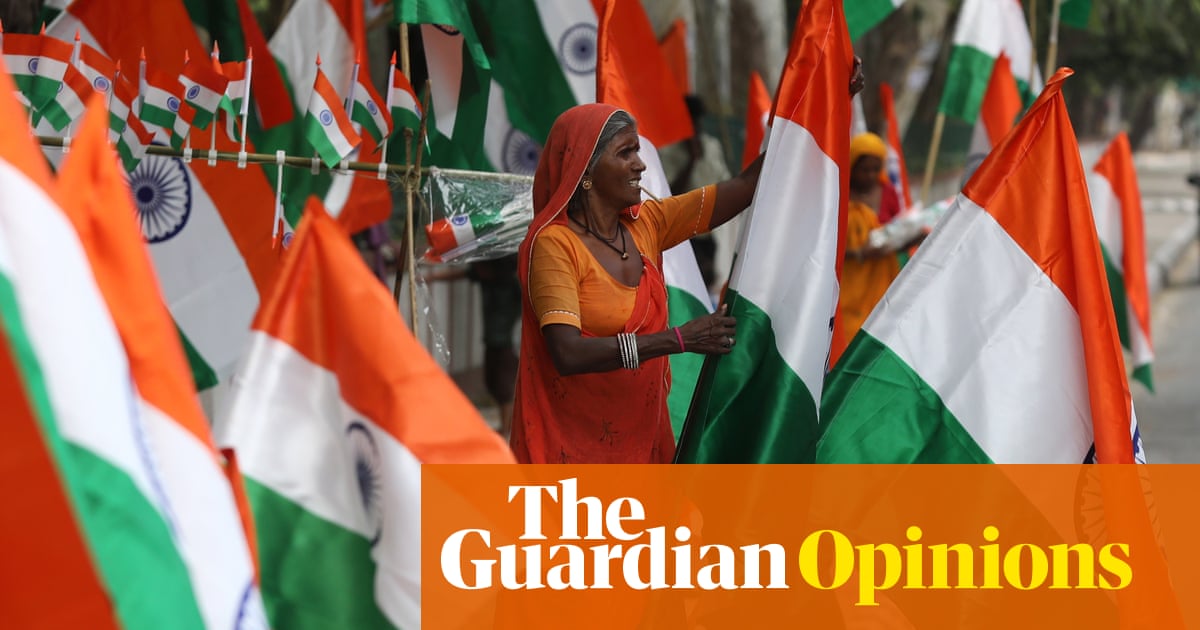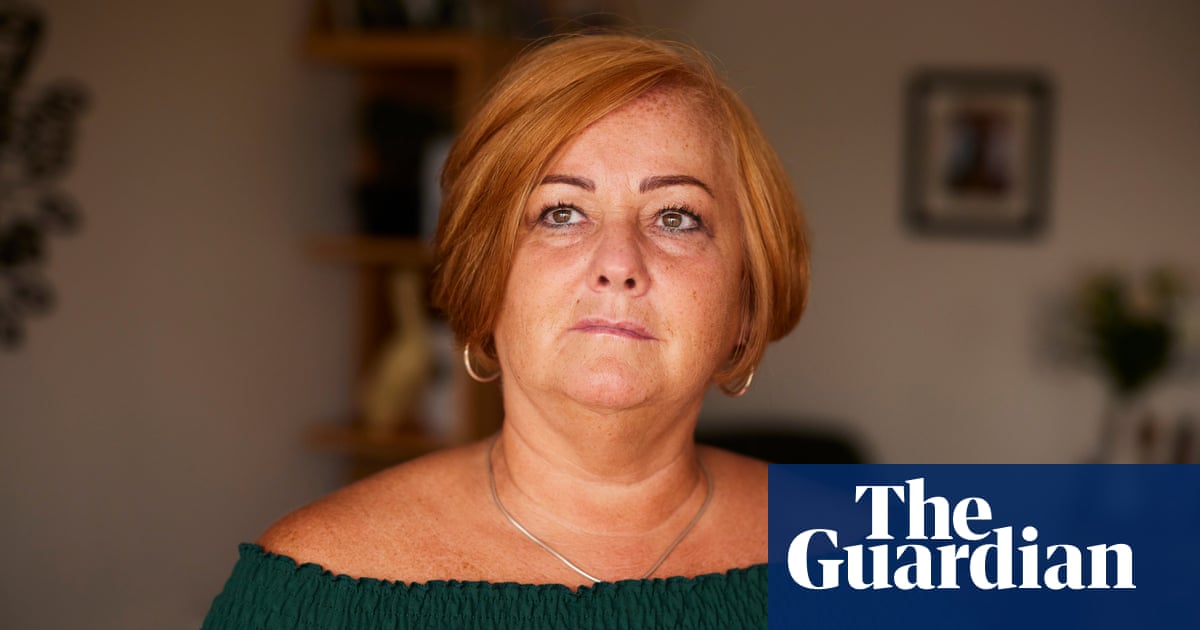
My father, Sukarno, the first elected president of Indonesia, was put under house arrest in March 1967 a few days after I was born. He was 67. In the months before, there had been a bloodbath in the country in which he lost many trusted friends and allies. The year before, he had sent my mother, who was pregnant with me, to Japan, her homeland, advising her to return to Indonesia when the situation improved.
It never did. Three years later, in 1970, I saw my father for the first time, on his deathbed. My mother and I had not been allowed to return to the country and we had been living in France. My father died a few hours after our plane from Paris landed. Thanks to the despotic rule of the second president – General Suharto – I was not able to see my father alive, although my mother had tried repeatedly to enter Indonesia.
I am now 54 and still suffering deep pain at the thought of my father’s lonely years under house arrest, being denied medical care and family visits because Suharto did not want to take any chances by giving him the opportunity to speak out. Suharto had seized control of the mass media and my father, whose voice was once regularly heard over the radio, was silenced. His voice was so muted that he could no longer communicate with the members of his own family.
After the Second World War, we can argue that colonialism in Indonesia was replaced with US and British imperialism. They saw the non-aligned movement, of which my father was a founder, as a threat to their empire-building and business interests. The US government refused to see the difference between nationalism and communism. The British government wanted the removal of my father due to its business interests, as did the Americans and their allies in the region, which is rich in natural resources. (West Papua has the biggest gold mine in the world.)
My father had also angered the British by launching “konfrontasi”, a limited military border campaign to show Indonesia’s opposition to the newly formed Malaysia, which he saw as a colonial creation and threat. The American strategy in toppling my father was so successful that the US government later replicated it in Chile under the codename “Operation Jakarta”.
The tragic fate of my father was shared by millions of Indonesians whose lives were destroyed by the 1965 bloody military coup, which I believe was backed by the American, British and Australian governments. From the documents recently declassified, we found out that, starting in the 1950s, the CIA had kept Sukarno under surveillance. In 1965, the United Kingdom incited the mass killings under the pretext that the communist people were responsible for the murder of six leading Indonesian generals. Today, there is still debate about who was behind these murders. My father knew the communists did not kill his six generals; he also knew the intent of the British and American governments to see him toppled.
He had been very outspoken with his rather aggressive motto, “Amerika kita setrika, Inggris kita linggis” (Let’s iron out America and bash the English). However, he was somehow powerless when facing his own countrymen. Thus, when an unknown military general, Suharto, took over and ordered the killings of all communists and Sukarno’s followers, many civilians who did not even know the meaning of the communist ideology were also arrested, tortured, murdered.
For generations, the victims’ family members were also persecuted. They were marked out with a symbol on their ID cards that prevented them from finding employment. They could not attend public schools and it was difficult for their children to attend private schools except for several Catholic ones. Even my own sister, Megawati Sukarno Putri, was not able to finish her university studies.
When talking about Suharto, we would whisper, out of fear that the walls could listen, such was the reach of his surveillance state. The press was heavily censored, with redacted passages covering the “negative” press about his dictatorship. We had to ask for special permission to pray at our father’s grave. Our names were called one by one by the military officers guarding the fences of his grave as we approached to pay our respects.
Some cynical western views may look down on newly independent countries because they did not know what to do with their freedom. However, they seem not to be aware that several western governments have played a major role in destroying millions of lives under a fake communist propaganda threat. Communism was allowed in European countries, but in so-called third world countries civilians related to communism or suspected of being communist were killed.
Unfortunately, this dark history of Indonesia remains largely hidden. The European and American history curriculums do not mention their role in the dark periods of colonialism and western imperialism during the cold war. Instead, most textbooks still largely offer self-glorifying roles in this history.
As the Observer story showed, the British were complicit in the mass murders and enabling the 32-year reign of the despotic Suharto. It is time that the British government apologised to the Indonesian people for the enormous harm it did.












